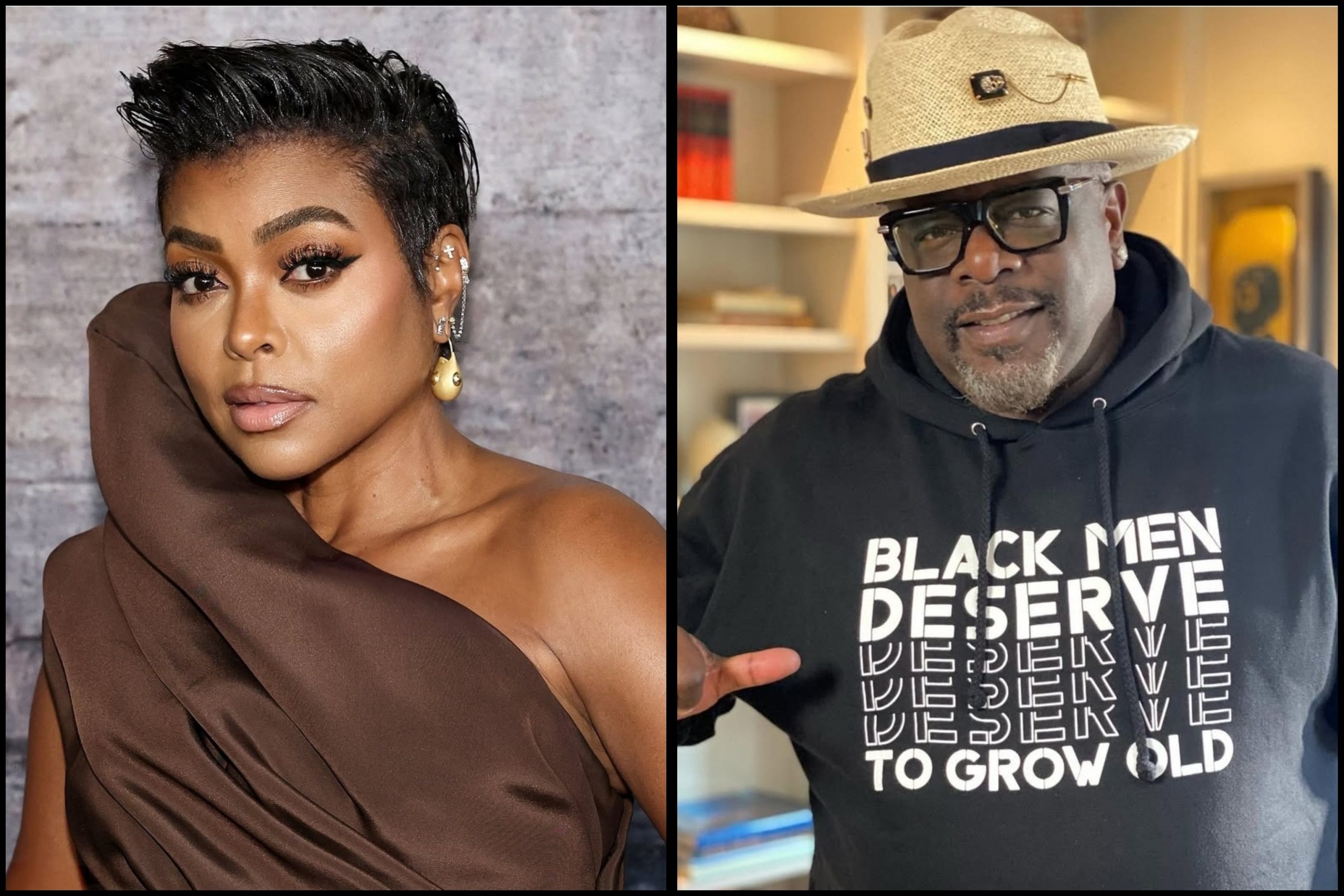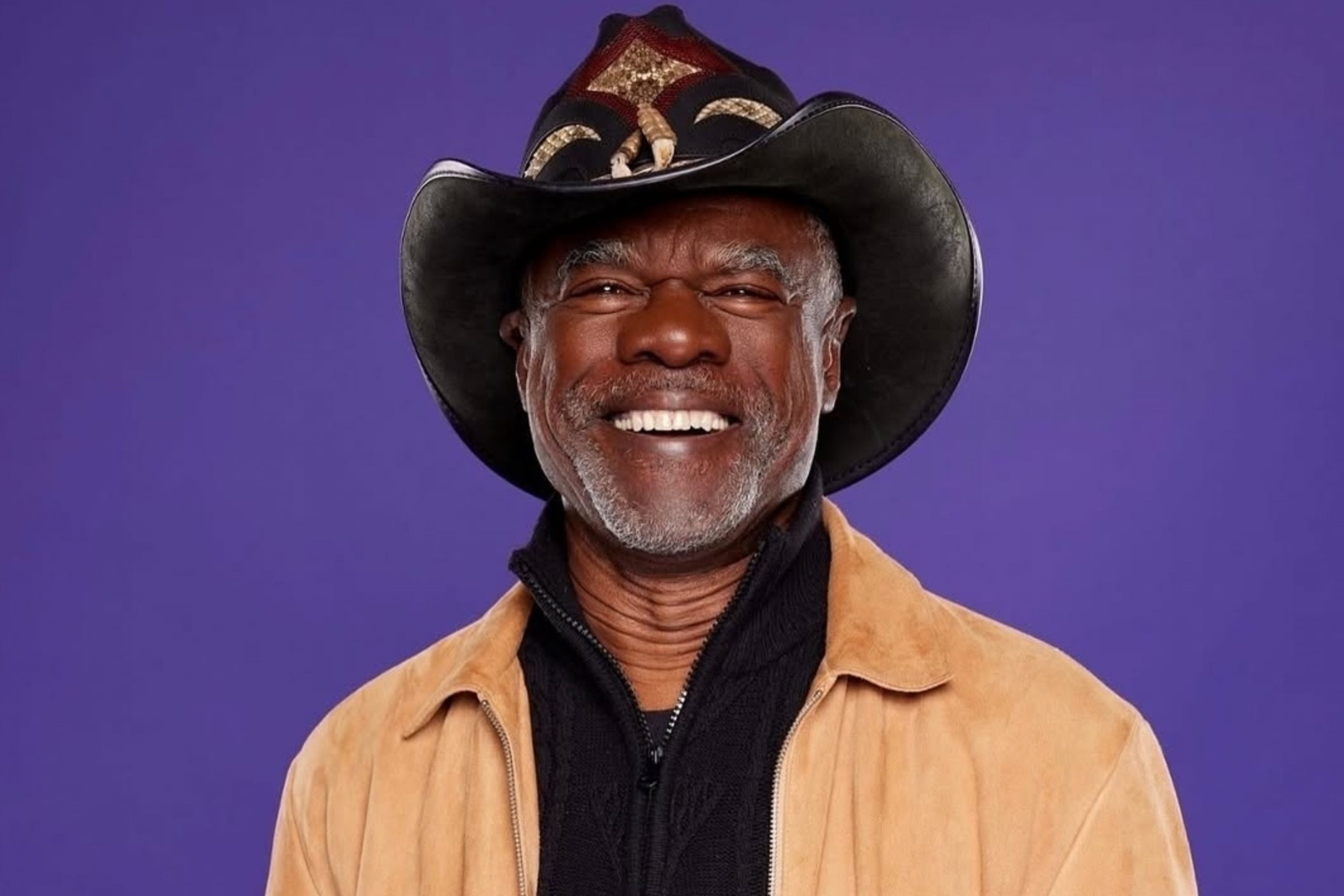Atlanta rapper Silentó, born Richard Lamar “Ricky” Hawk, has been sentenced to 30 years in prison after pleading guilty but mentally ill to the 2021 shooting death of his 34-year-old cousin, Frederick Rooks III. According to Fox 5 Atlanta, the plea deal resulted in the dismissal of a murder charge. Silentó also pleaded guilty to aggravated assault, possessing a firearm during the commission of a felony, and concealing the death of another.
Incident Details
On January 21, 2021, Rooks was found shot in the leg and face outside a home in DeKalb County, Georgia. Investigators discovered 10 bullet casings near his body, and security footage from a nearby residence captured a white BMW SUV fleeing the scene shortly after the gunshots. Silentó was later identified as the driver of the vehicle, and ballistic testing confirmed that a gun in his possession matched the shell casings found at the crime scene.
Mental Health Struggles
Silentó’s publicist, Chanel Hudson, has stated that he had been “suffering immensely from a series of mental health illnesses” leading up to the incident. In 2019, Silentó appeared on the medical talk show “The Doctors,” discussing his battles with depression and his upbringing in a family with a history of mental illness and violence. He revealed that he had been fighting “demons” throughout his life and expressed concerns about the pressures of fame exacerbating his mental health issues.
Legal and Public Reactions
The sentencing has sparked mixed reactions. While some acknowledge Silentó’s mental health challenges, others, including Rooks’ family members, believe the 30-year sentence is insufficient given the severity of the crime. They have expressed that Silentó should have received a longer sentence.
A Tragic Fall from Fame
Silentó gained widespread recognition in 2015 with his viral hit “Watch Me (Whip/Nae Nae),” which became a dance craze and amassed over 1.7 billion views on YouTube. However, his career was marred by a series of legal issues, including arrests in 2020 for domestic violence, assault with a deadly weapon, and reckless driving. These incidents raised concerns about his mental health and stability.
The case serves as a poignant reminder of the complex interplay between mental health and criminal behavior, highlighting the need for comprehensive support systems for individuals facing mental health challenges, especially those in the public eye.




